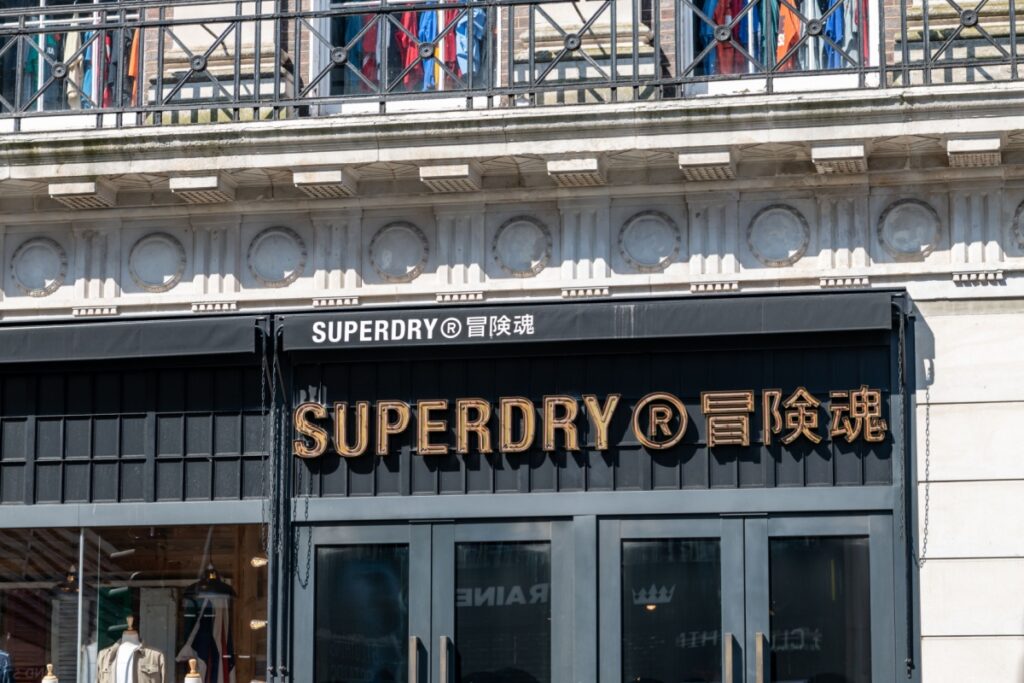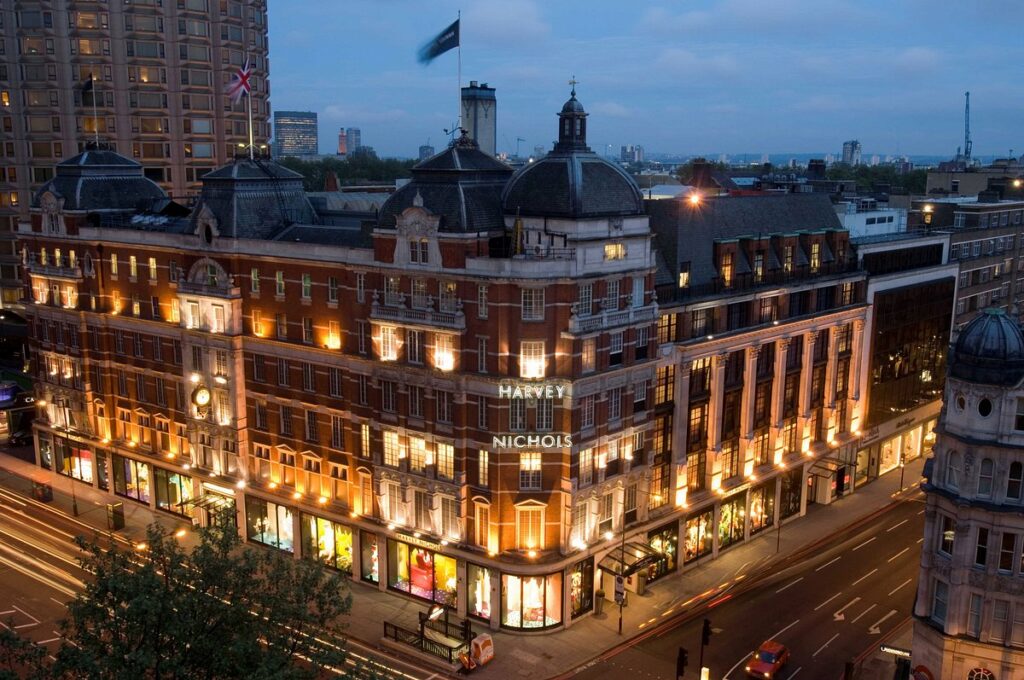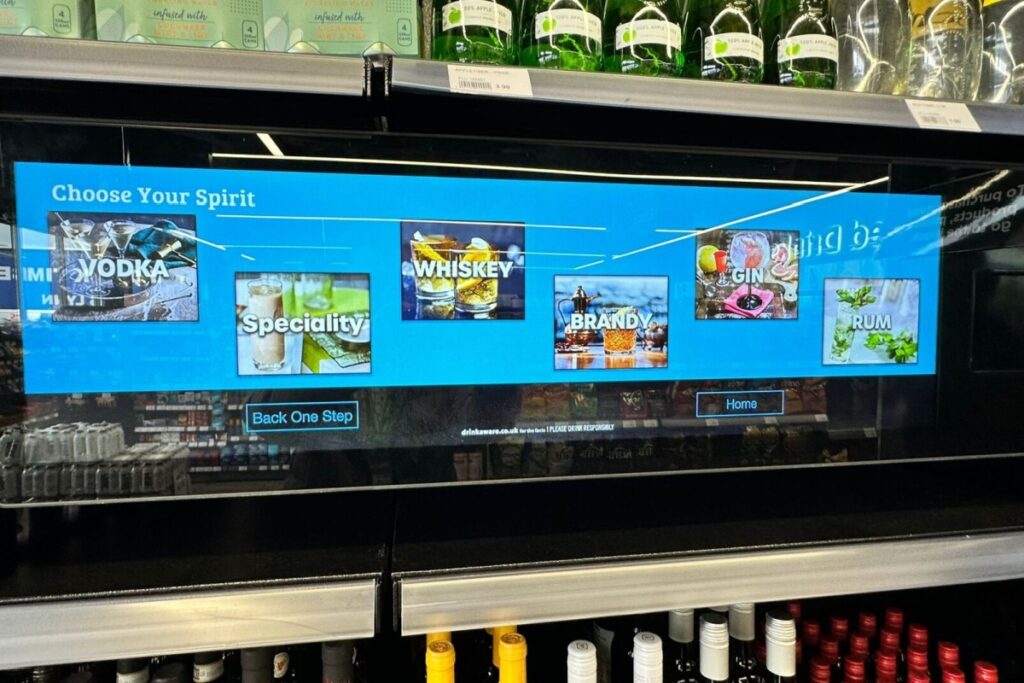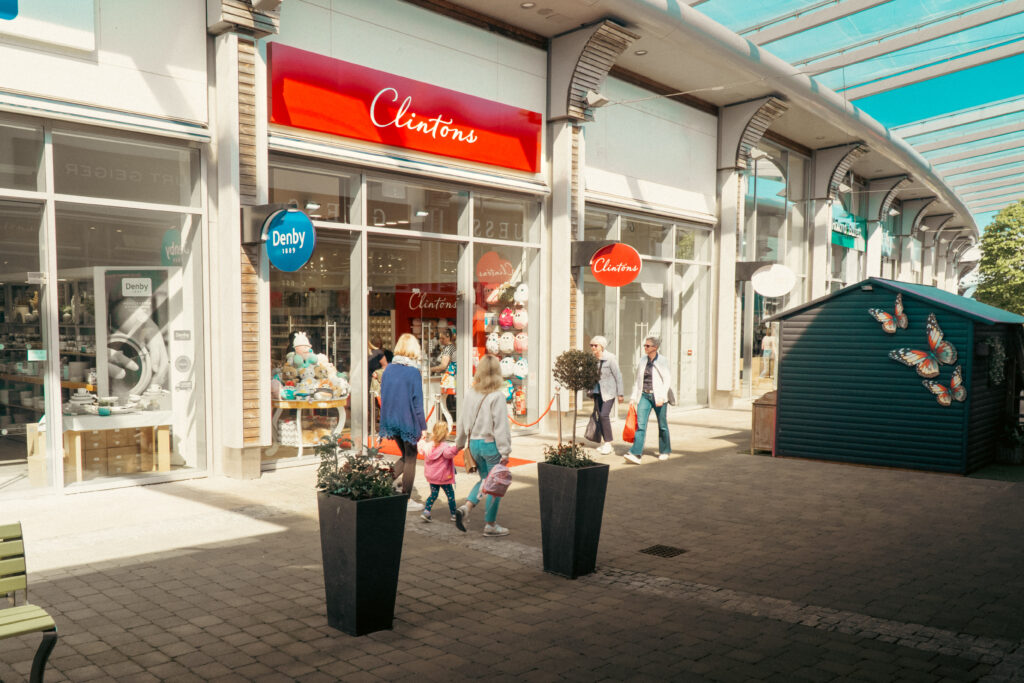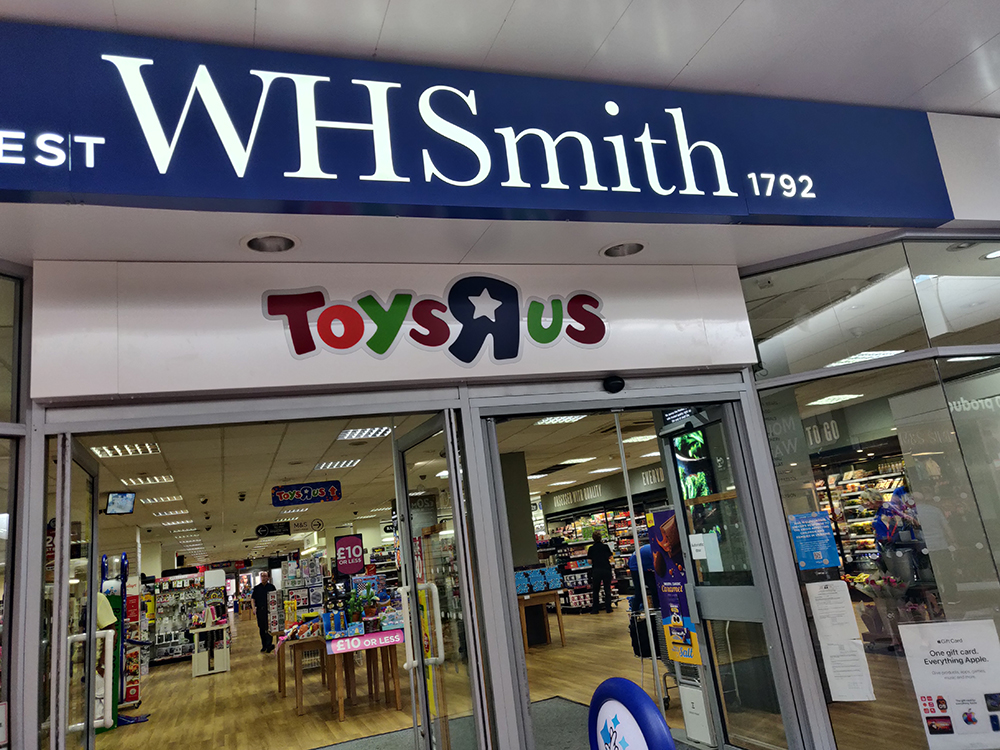Budget supermarket Lidl is set to be the next ‘super brand‘ by 2015, according to research released today.
Once voted the seventh most hated brand in a survey for trade publication Marketing magazine, the grocer has reversed its fortunes and has been voted most likely to be a big brand within three years.
According to research revealed today by YouGov on behalf of the advertising agency Bordello, Lidl was identified as the brand with the most potential for growth by 2,000 consumers, taking a 27 per cent share of the vote.
Also recognised for their growth potential were Rude Health, a sustaining and sustainable breakfasts & snacks provider, A Suit that Fits, an affordable bespoke tailoring company as well as location-based taxi finding app, Hailo.
Scott Wilkinson, Bordello planning partner, feels that Lidl has managed to renounce the poor associations with its name through value product endorsement and social media.
“The positive appetite for Lidl in the current market is not surprising,” he said.
“As one of the top 60 UK advertisers in 2011, coupled with a strong commitment to product-led social media campaigns, it seems that shoppers are becoming more comfortable with the idea of a supermarket which sells simply good value produce rather than an ideal or a lifestyle.
“The word Lidl may be still met with a snigger but with a strong business model, come 2015 – much like Skoda – it won‘t be a laughing matter.”
In recent times, Lidl has seen its overall grocery market share rise thanks to the ‘two-nation‘ divide as consumers increasingly opt for either discount or upmarket grocers. This latest research reveals a trend for favouring brands that made the customer‘s life easier, cheaper and more enjoyable.
Wilkinson added: “The research also demonstrates a rise in popularity for brands that provide efficient and clever services, rather than focusing purely on products as we have seen in the past.
“More and more consumers are looking to put their trust in brands that help them live their lives better and more sustainably.
“Now is the time for the service industry to take advantage of this sharp consumer demand.”


